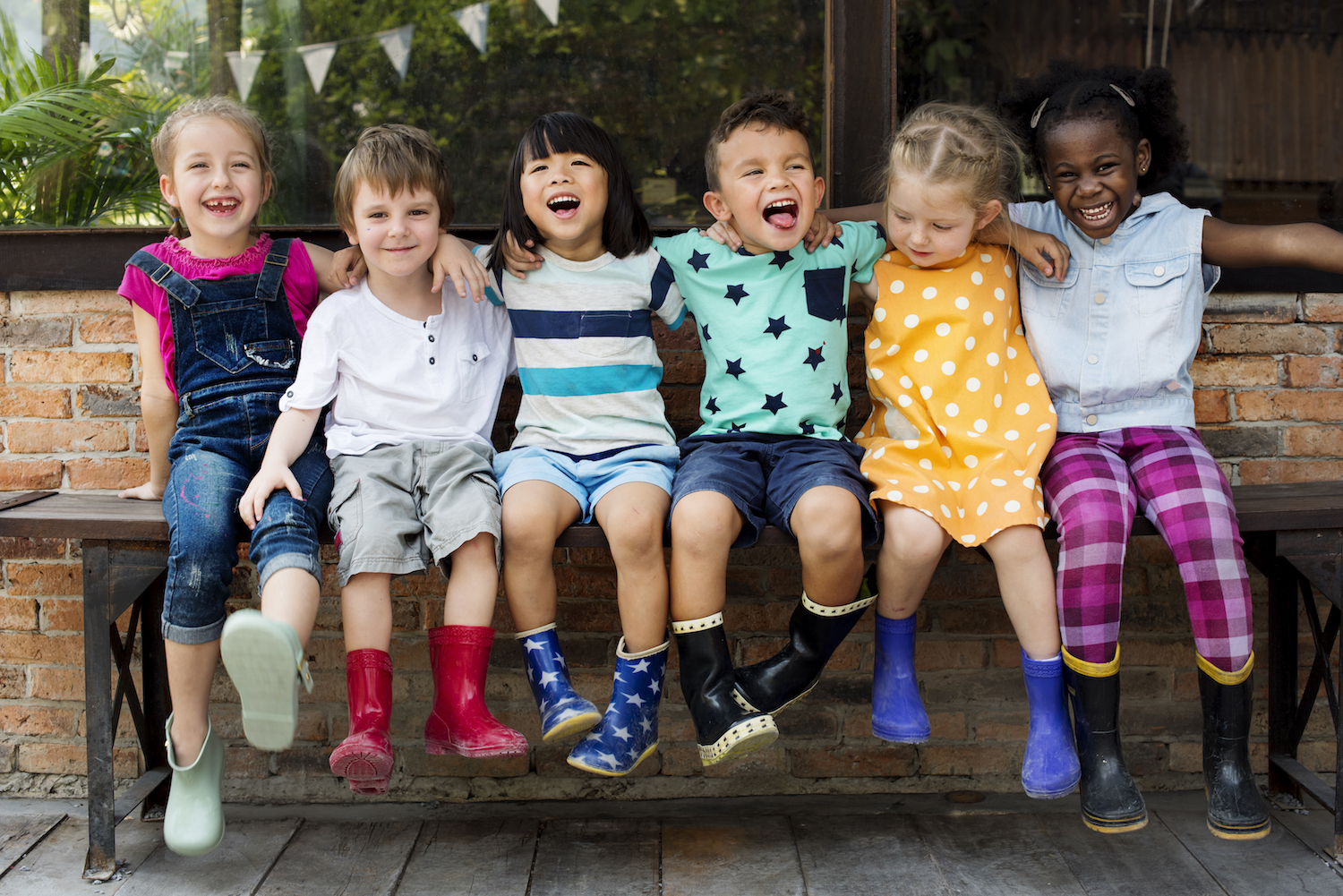
“Mommy! Look at her, she’s really tall.”
“Why is he sitting in that chair, Dad?”
“I have freckles. You have freckles. But my skin is darker than yours.”
Children are curious about the world around them, and their questions can be sweet, funny and sometimes embarrassing. But with all things, we want to teach and guide children so that they are knowledgeable about the God-given differences seen in others. Like you’d teach them with anything else, it’s essential that we begin to teach our children about creation, specifically the image of God, at an early age. If you want your children to embrace those who are different than them, then you must start with helping them understand that God is the Creator of every tribe, tongue, and nation.
Here are four ways to help kids embrace those who are different than them:
In the beginning, God created all of mankind in His image, male and female alike (Gen. 1:26). God created us to reflect aspects of his beauty and character, and the result is the human race we know today—amazingly varied and wonderfully diverse. Every single one of us reflects something about God.
Have you taken time to share and celebrate this amazing thought with your kids? As God’s image-bearers, we are all equal. We are equal in dignity and worth. Of all God’s creation, we are the only ones created in His very image. Too often we assume that just means us. But it doesn’t, it means everyone.
If you want your children to embrace those who are different from them, you must first, by example and conviction, embrace those who are different from you.
Proximity changes the way we think about and relate to others. We can imagine all kinds of things about other people, and buy into all kinds of stereotypes—until we spend time them. It’s almost like we have a default setting that finds it easier to spend time with “people like us”. We need to resist that urge.
One practical way to show love to others in your home is simply to invite other Christians to spend time with you. This can be for lunch, dinner, parties or just to hang out. But make the effort to find those who are different from you, and model to your children how you take an interest in their lives.
Then look at your neighborhood and welcome your neighbors. Learn about them as people and if their culture is an important aspect of their lives, listen and learn. Your kids will recognize, remember and internalize this level of engagement with those who are not like you or them.
Heaven will be filled with people from Indonesia, Dubai, Zambia, the Appalachian Mountains of East Tennessee and the Grand Cayman Islands. And today we can get a foretaste of heaven when we step out of our comfort zones to get to know someone not like us.
When you have someone over, take the time to find out more about them. You can find out about their clothes or their culture, the food they like or the family they are part of. You can get out a map or a globe and look at where their family originates. You can share photos. You can ask them how they became a believer in Jesus, and just enjoy being with them.
But even if we don’t have different people right in front of us, we can still find ways to celebrate the reality of God’s wonderfully rich and diverse world. As you teach your kids about other people and cultures have fun! Get creative: cook different kinds of ethnic food, go to festivals celebrating different nationalities, have a history lesson with music from various locations, etc.
Christ continually related to people who were different from him—tax collectors, Samaritans, prostitutes and so on. Jesus was bold to share with them, and ignored the criticism of the establishment that came his way as a result. Why? Because of his love for the souls of his image bearers. The gospel has power to bring even the most unlikely of people together, and this brings glory to him. We want to teach our kids that it is only Jesus who can ultimately unite people from every tribe, tongue, and nation.
Bottom-line, if you want your children to embrace those who are different from them, you must first, by example and conviction, embrace those who are different from you. Your children are watching and learning from you. They will embrace whoever you embrace. It is God and the gospel of grace that motivates us to step outside ourselves, and celebrate the differences around us. God created, he redeems, and it is He who is calling all these different people together in Christ for His glory.
---
Trillia Newbell is the author of God’s Very Good Idea. She lives with her husband, Thern, and their two kids in the Nashville area. You can find her at trillianewbell.com.